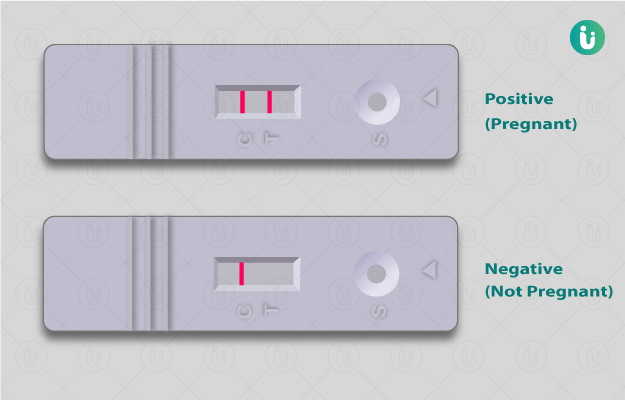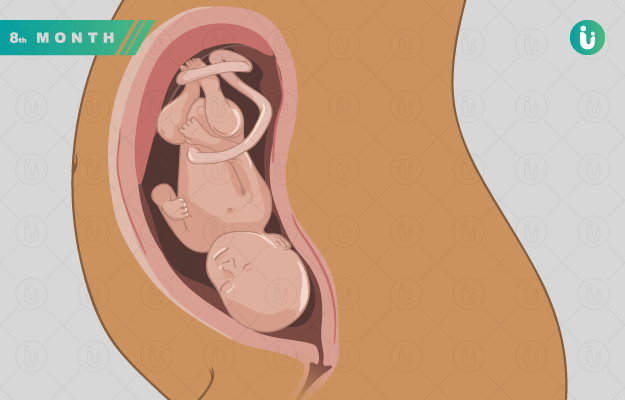Carrying out a pregnancy test is one of the most anxious times for a woman because it depends on whether she wants or does not want to get pregnant. Despite how easy and quick these kits are, the news that they bring is always a life-changing moment for every woman. Most of the pregnancy test kits detect the presence of a pregnancy hormone called hCG (human Chorionic Gonadotropin). There are various types of pregnancy tests, which, depending on the procedure involved, are used by people and health professionals.
Read more: Beta HCG test
To perform the urine pregnancy test, a strip, cassette, or a midstream device may be used. After this, the interpretation of the results is done according to the manufacturer's guidelines. Since the pregnancy test kits do not have a 100% accuracy, a confirmatory pregnancy test is performed in a healthcare facility by either using a blood sample or by doing an ultrasound.
What does a pregnancy test involve?
The detection of the pregnancy hormone, hCG (human Chorionic Gonadotropin), in the urine or the blood is the underlying principle of pregnancy tests. Hence, the term "pregnancy test" is a misnomer because the test includes the detection of a hormone and not the fetus. This hormone is released from the placenta shortly after the early embryo attaches itself to the inner lining of the uterus.
Hence, it is an important marker of pregnancy. Besides the urine test, pregnancy test performed in a healthcare facility detects the presence of hCG in blood while an ultrasound uses sound waves to check the presence of the foetus in the womb.















































